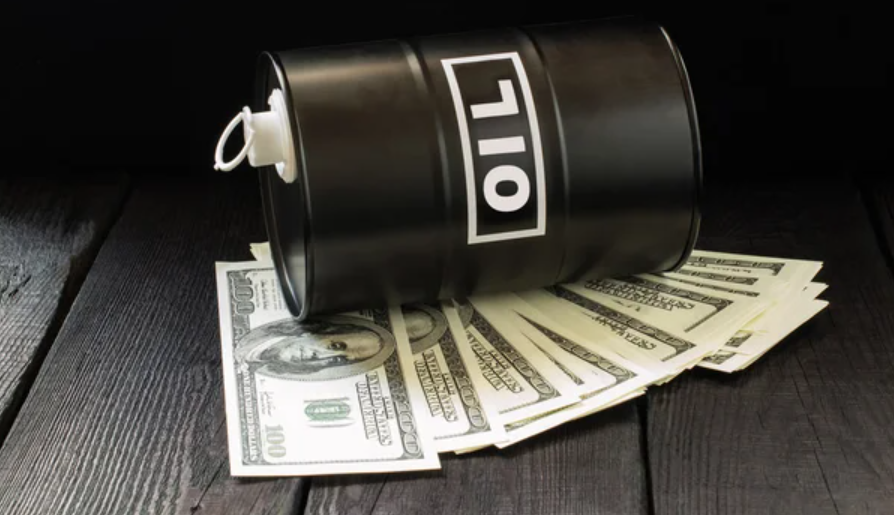On Monday, after three days of gains, oil prices dropped considerably due to concerns that aggressive interest rate increases by the United States will slow down the global economy and reduce demand for fuel.
In the early hours of London’s trading session, Brent oil futures for October settlement had dropped by 1.2%, to $95.41 per barrel as concerns over sluggish demand in China due to a power shortage in some places added to the downward pressure on prices.
The price of a barrel of U.S. West Texas Intermediate (WTI) crude for September delivery, which was set to expire on Monday, increased by more than a percent to $89.65. At $89.29 per barrel, the more active October contract was also moderating by 1%.
On Friday, Brent and WTI both increased for a third straight day, although they both decreased by roughly 1.5% for the week due to stronger dollar and supply concerns.
Investors were concerned that a potential sharp rate increase by the Fed might result in a slowdown in the economy and reduce fuel demand.
Power restrictions imposed by China in some areas are a problem since they might have an impact on business.
What you should know
- According to official media and one power company, Sichuan, a province in southwest China, started restricting energy delivery to households, businesses, and shopping centres last week due to a serious power shortage brought on by strong heat waves and drought.
- The greenback’s strength, which was around a five-week high, also affected crude prices by making oil more expensive for buyers using foreign currencies.
- Investors will closely monitor the remarks made by Fed Chair Jerome Powell when he speaks on Friday at the annual global central banking conference in Jackson Hole, Wyoming.
- Richmond Federal Reserve President Thomas Barkin recently disclosed that monetary policy officials have “a lot of time” to decide how much of an interest rate increase to approve at their Sept. 20-21 policy meeting.
- Compared to central banks of other sizable economies that are more unstable, the Fed is thought to have more room to raise rates.
- White House officials had earlier announced on Sunday that the presidents of the United States, Britain, France, and Germany had discussed efforts to resurrect the 2015 Iran nuclear deal. However, no other information was given.
- Last week, it was announced by the European Union and the United States that they were examining Iran’s answer to what the EU has dubbed its “final” proposal to resurrect the agreement, under which Tehran limited its nuclear program in exchange for the lifting of economic sanctions





















